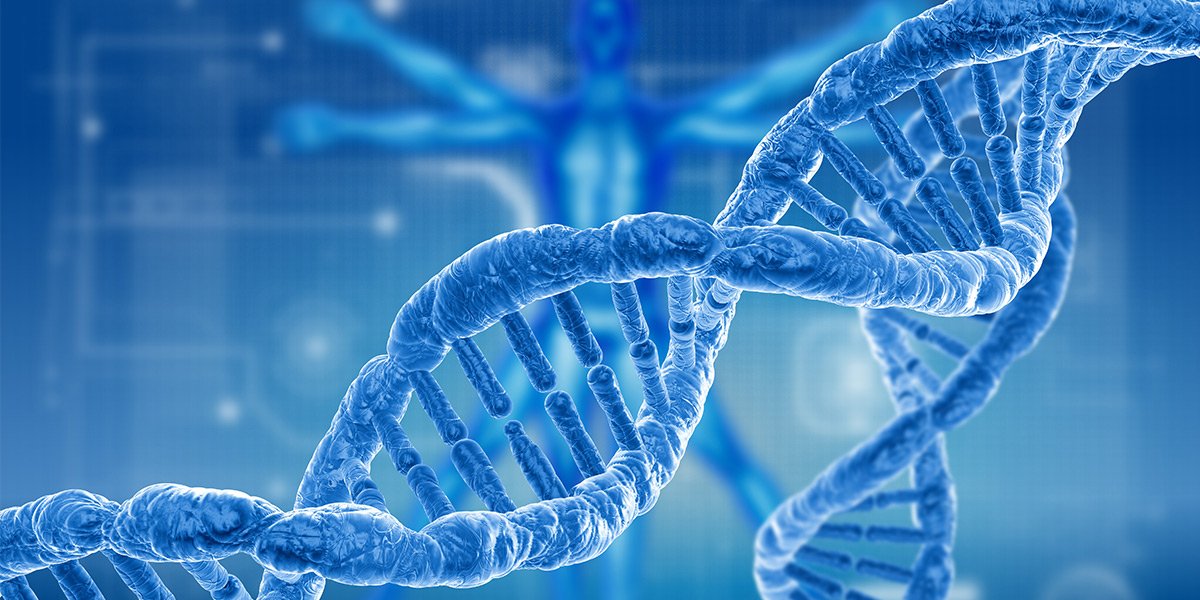IIT-M and Danish University study reveals genetic ‘switches’ to transform disease research
September 01, 2025 | Monday | News
Offering vital insights into complex diseases such as cancer, diabetes, and neurodegenerative disorders
image credit- shutterstock
Researchers at the Indian Institute of Technology Madras (IIT-M) and Danish University have shown how interactions between genetic variants can act like “switches” to unlock hidden cellular pathways.
By revealing how these gene–gene interactions rewire metabolism over time, the study provides vital insights into the genetic basis of complex diseases such as cancer, diabetes, and neurodegenerative disorders.
The findings have far-reaching implications for human health, open up new possibilities for personalised medicine, including the identification of biomarkers and potential drug targets.
The study demonstrates how specific genetic variants in yeast can work together to activate a previously dormant metabolic pathway. This discovery provides a framework for decoding how multiple genes interact to shape health and disease in higher organisms, including humans.
The practical applications of this research include-
Ø Development of biomarkers and identification of drug targets that capture the combined effects of genetic variants, enabling more accurate disease diagnosis, prognosis, and the design of personalised treatment strategies tailored to an individual’s unique genetic background.
Ø Application in synthetic biology and biotechnology, where engineered gene interactions could be used to activate or suppress specific pathways for improved production of metabolites, biofuels, or pharmaceuticals.
Ø Providing a framework for precision agriculture and microbial engineering, by leveraging gene–gene interactions to design stress-tolerant crops or industrial microbes with optimized metabolic traits.









